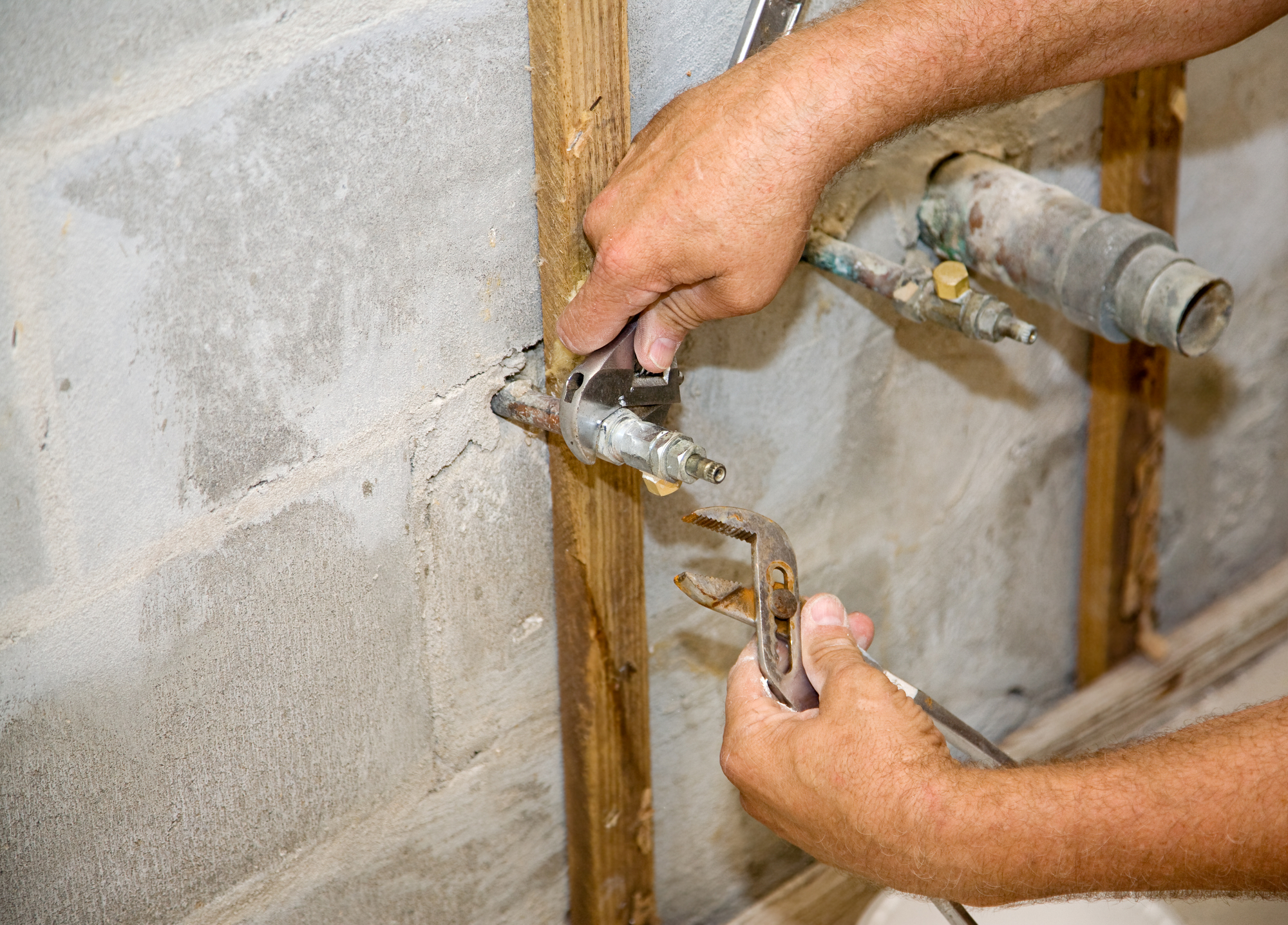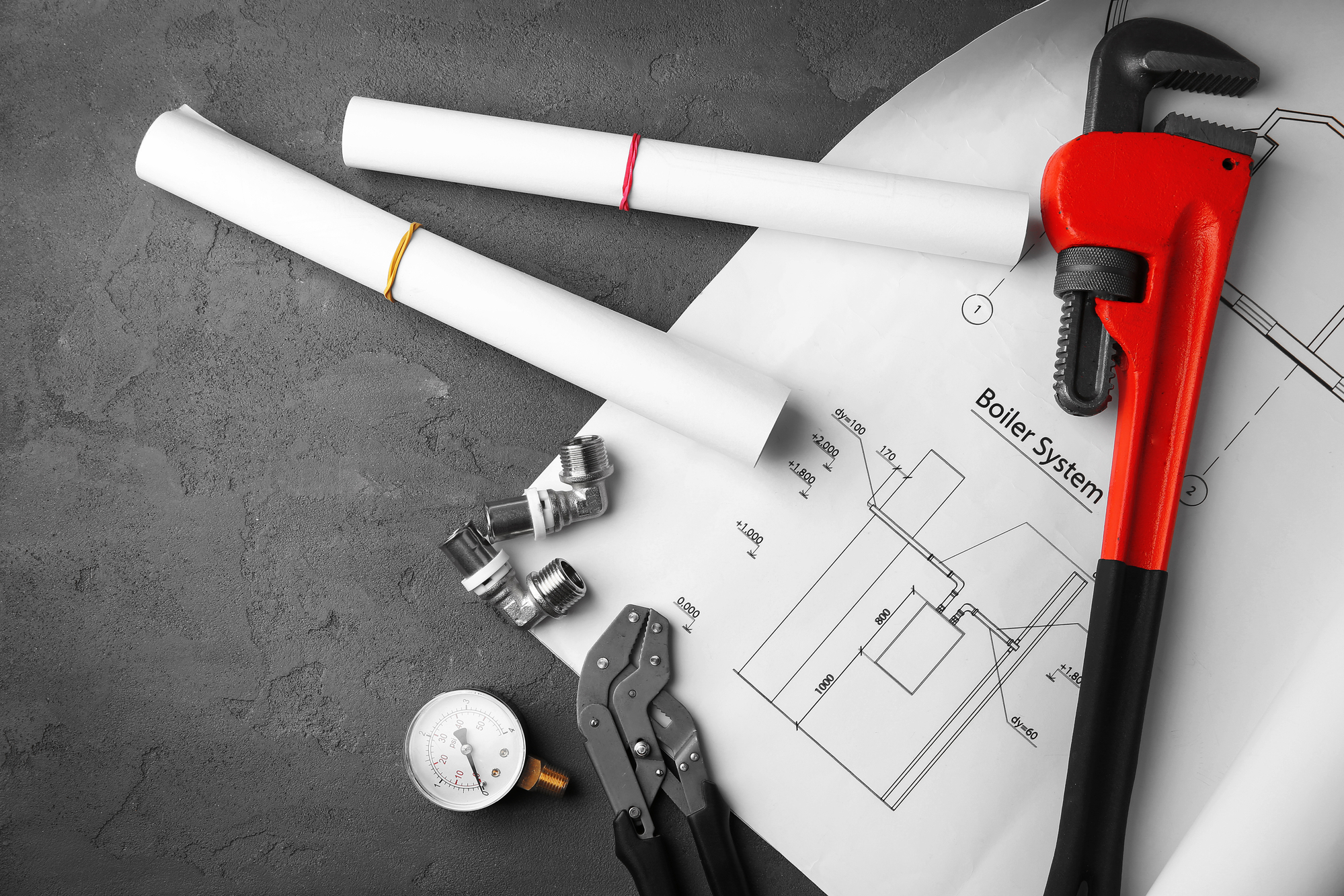A home generator is a valuable tool for homeowners, especially those living in regions prone to extreme weather conditions, power outages, and natural disasters. It helps protect the home’s inhabitants and appliances by providing a reliable backup power source. However, the process of selecting, installing, and maintaining a home generator can be confusing, particularly if it’s your first time.
Here are some frequently asked questions that could help you make an informed decision about home generators.
1. What Are The Different Types Of Home Generators?
There are two main types of home generators; portable generators and standby generators. Portable generators are smaller, less expensive, and less powerful generators that need to be manually started and connected to the electrical panel outside. Meanwhile, standby generators are pricier, more robust, and permanently installed outside, with an automatic start-up function that activates power transfer once an outage occurs.

2. How Powerful Should My Home Generator Be?
The generator’s power, measured in watts, depends on the size of your home and the appliances you want to power. You can calculate the wattage using the manufacturer’s website, which typically provides a wattage estimator. Your local electrician can also provide a load analysis to help you determine how much power your home requires.
3. Can I Do It Myself or Should I Hire An Electrician?
Installing a home generator is not a job for a DIY enthusiast. It requires a licensed electrician with the necessary qualifications, expertise and equipment to ensure that the generator is installed correctly and complies with safety standards. Electricians can also conduct load analysis, recommend the right type and power of the generator and conduct all the required wiring and connection installation.
4. How Do I Maintain The Generator?
Maintenance is critical to ensure your generator works when you need it most. You should schedule maintenance regularly, which involves monitoring the generator’s battery, cleaning the fuel system, and ensuring that the generator runs smoothly. It is recommended that you schedule an annual inspection with a licensed professional to test the generator, adjust all the connections, and replace worn-out parts.
5. How Long Will The Generator Last?
A well-maintained home generator can last between 10 – 30 years, depending on the type, quality, and usage. Standby generators last longer than portable models. For longevity, manufacturers recommend regular maintenance and servicing, timely repairs, and upkeep of the generator’s components.
Conclusion
Investing in a home generator is a wise decision for homeowners seeking reliable power backup during outages, natural disasters, or extreme weather conditions. Consider the questions above before making any purchase to ensure that you get the right type and size of the home generator that best suits your needs. Remember to have your generator installed by a licensed electrician and scheduled regular maintenance to guarantee it lasts a long time. Contact Ace Plumbing Repair for all your home generator-related queries and services. You can reach us via our website, www.aceplumbingrepair.com, or call us at (844) 711-1590.






